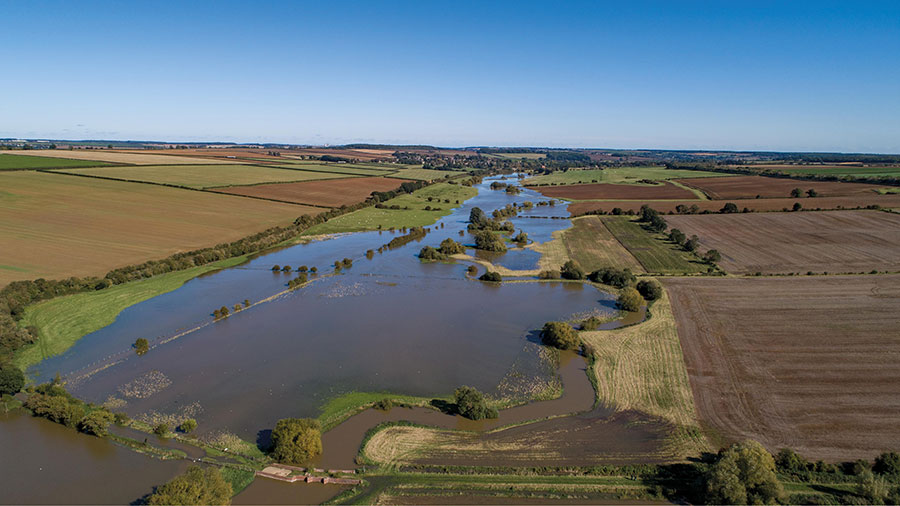SFI farmers alerted to ‘good reason’ clause in agreements
 © Tim Scrivener
© Tim Scrivener Farmers signed up to the Sustainable Farming Incentive (SFI) are reminded that they need to notify the Rural Payments Agency (RPA) if flooding means they are likely to breach their standards agreement.
With heavy rainfall experienced across much of the country over recent weeks, flooding has become more of a problem.
The rules for the SFI are slightly different than with the Basic Payment Scheme or Countryside Stewardship, where affected farmers must request force majeure if they are unable to meet scheme requirements.
See also: What are your rights when farmland is flooded?
Under the SFI, rather than force majeure, a “good reasons” clause applies to potential breaches.
Where farmers are concerned about failing to meet their obligations because of reasons outside of their control, they must notify the RPA as soon as is reasonably practicable that there is a good reason for a potential breach.
The correspondence should include the details of what has happened and how the good reason means it may not be possible to deliver on the standards agreement.
It should also state whether it looks like the problem can be fixed and any evidence or information that may support their case.
This evidence will be used by the RPA when deciding if any action should be taken because of the breach.
If the agency decides that there is scope to fix what has gone wrong, it will write to the farmer to explain what they must do, but this work must be completed within the relevant full agreement year.
Where the RPA decides the farmer should repay some or all of the payments already made – unlike under previous schemes – there will be no additional financial penalties.
Other good reasons for a potential breach include animal or plant disease, serious illness, death of an agreement holder, unforeseen loss of management control of land, bankruptcy, evidenced supply chain problems, such as a lack of soil testing capacity, or criminal damage by a third party, such as arson or vandalism.
